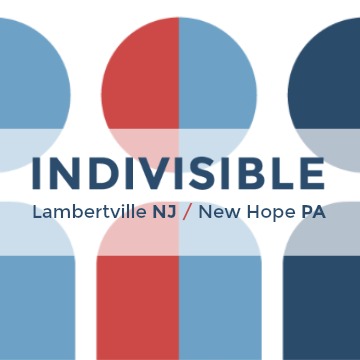Contributed by Paige Barnett.
Since the beginning of this current administration, consumers are losing their ability to recoup their losses from corporations and businesses who nefariously cheat consumers out of hard earned dollars. In other words, consumers are losing protections that would allow them to take the corporation to court and sue either as individuals or through a class action lawsuit.
An example of a bad faith corporate practice would be predatory lending. As defined by Debt.org:
“Predatory lending is any lending practice that imposes unfair or abusive loan terms on a borrower. It is also any practice that convinces a borrower to accept unfair terms through deceptive, coercive, exploitative or unscrupulous actions for a loan that a borrower doesn’t need, doesn’t want or can’t afford.”
Examples include emergency personal loans for medical debt, home repair, or a car payment and the coup de gras, home loans. There are many ways in which lenders can cheat you out of money.
Laws meant to protect consumers from these practices include the ECOA (Equal Credit Opportunity Act) and more recently the Dodd Frank Act known fully as the Dodd-Frank Wall Street Reform and Consumer Protection Act. Dodd Frank, enacted in 2010, was in response to the 2008 recession and the aforementioned predatory lending practices of large banks that ploughed people into foreclosures and consequently, home loss. 2010 saw the highest rate of foreclosures and has trended downward since Dodd Frank was enacted. 2017 saw the lowest statistics in numbers of foreclosures. For more statistics click here.
Consumer protections and more are changing and not in favor of the consumer. This administration is rolling back protections. Here’s what you should know:
- Enforcement actions a the Consumer Financial Protection Bureau have dropped from three to five per month to zero over the last four years. This means that “Payday” loans where people have been charged 950% interest rates are no longer being examined or enforced. In fact, one lawsuit against a subprime predatory lender was dropped. By contrast, after a crackdown of autolenders in 2013, the CFPB alleged that minority borrowers were being charged higher interest rates than whites. They faced multimillion dollar fines. But that is no more.
- There was a delay by the Department of Labor to fully implement a rule that requires financial advisors to work in their clients’ best interest. This means that you can not hold your financial advisor accountable for disinformation regarding your investments or other.
- Under Betsy DeVos, The Department of Education withdrew Obama era regulations that would protect student loan borrowers. DeVos delayed forgiving the loans of students defrauded by for-profit colleges.
While the banks and corporations are happy, consumer advocates are concerned because these rollbacks will have an effect on everything from how consumers access credit, to car loans, home loans and even protections on items like cell phones, cribs and car seats.



